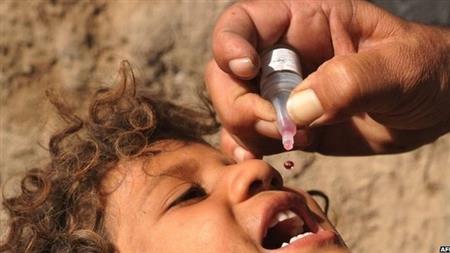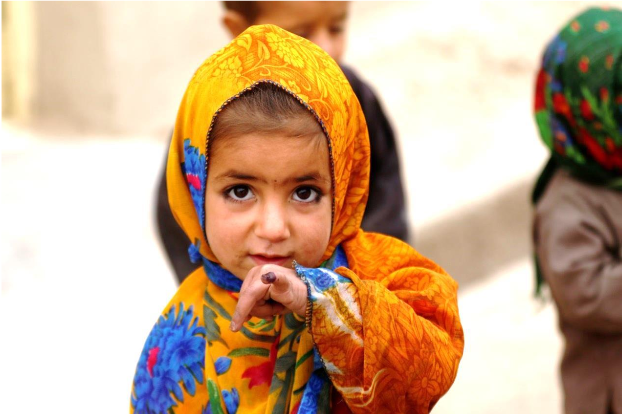
Eradicating Polio in Afghanistan
Rotary has just 35 members in Afghanistan. They inspire me daily with their courage and perseverance. The polio program has always been politically neutral in every country. Rotary and our partners work with the leaders who are in charge. We now work with new leaders in Afghanistan.
Michael K. McGovern, Rotary International PolioPlus Committee Chair
As the sun rose on 1 January 2021, we all worried about what this new year would bring. For those of us who closely follow polio eradication progress, it was an especially worrisome time. 2020 and 2019 had seen an uptick in wild polio virus cases and in circulating vaccine derived cases. Polio vaccinations had had to be suspended for a while in 2020 due to the coronavirus and vaccines for Covid-19 were just starting to receive early use approvals.
 |
 |
After the fall of the Afghanistan government in mid-August, the new leadership has agreed to keep on the acting health minister who has been effective in righting the program since February. Taliban leaders have visited the national and regional polio offices and pledged their support for the polio eradication program. On 23 August, a Rotary sponsored roadside vaccination hut provided vaccinations to children under five with local Taliban providing the needed security. For security reasons, I will not share the photos I received but it was good to see the Rotary logo doing good in the world.
Rotary has just 35 members in Afghanistan. They inspire me daily with their courage and perseverance. The polio program has always been politically neutral in every country. Rotary and our partners work with the leaders who are in charge. We now work with new leaders in Afghanistan. Rotary funds WHO and UNICEF. We do not send any funds to the governments nor to groups other than WHO and UNICEF. We monitor the spending they do on our behalf very closely. We have never been closer to eradicating polio in Afghanistan. We will continue to work with the Afghani people and our partners to finish what we began over 35 years ago.